

Relentlessly Pursuing the Best Possible Outcome
We've Recovered Hundreds of Millions for Our Clients
-
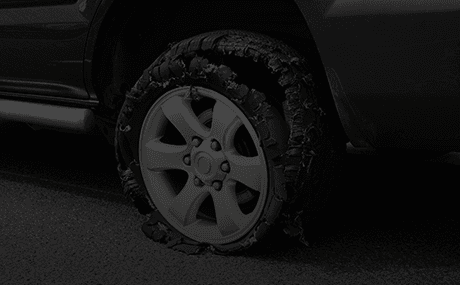 $30m Product Liability Verdict
$30m Product Liability Verdict -
 $24m Wrongful Death Settlement
$24m Wrongful Death Settlement -
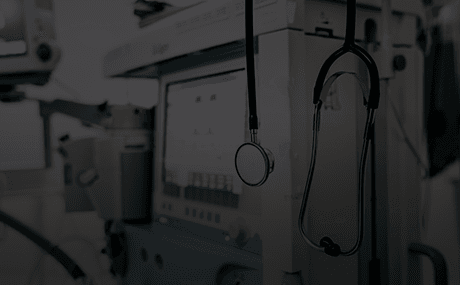 $14m Medical Device Settlement
$14m Medical Device Settlement -
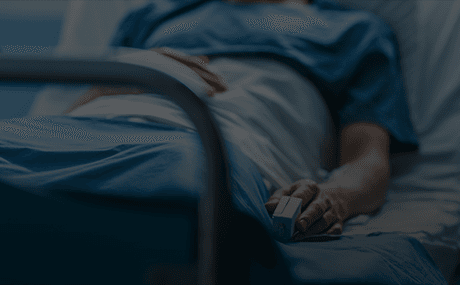 $13.5m Personal Injury
$13.5m Personal Injury -
 $12m Child Wrongful Death
$12m Child Wrongful Death -
 $11m Personal Injury
$11m Personal Injury
Why Some Cochlear Implants Are Bad
While these devices can be life-changing, they are not without their potential defects and complications. Here are some common issues associated with cochlear implants:
We also know from our years of experience representing our clients who have struggled with these defective implants that they often can suffer from painful shocking sensations, loss of communication and hearing, social isolation, balance issues and the frustration of periods of intermittent functionality before the device fails entirely.
Why Choose Our Cochlear Implant Lawyers in Los Angeles
For parents, watching their child suffer the negative effects from a defective cochlear implant and then watching their child endure an unnecessary surgery to replace the defective implant can be devastating. We know all too well what are clients experience and we are here every step of the way to offer guidance, preserve evidence, prosecute the claim and secure the compensation they deserve.
Cochlear implants have been the subject of several FDA Voluntary Recalls and Field Corrective Actions.
These include:
In the last 14 years, Shoop & team's impressive track record includes hundreds of Product Liability cases resulting in verdicts or settlements exceeding $1 million. For a Product Liability team with an exemplary track record, clients choose Shoop.
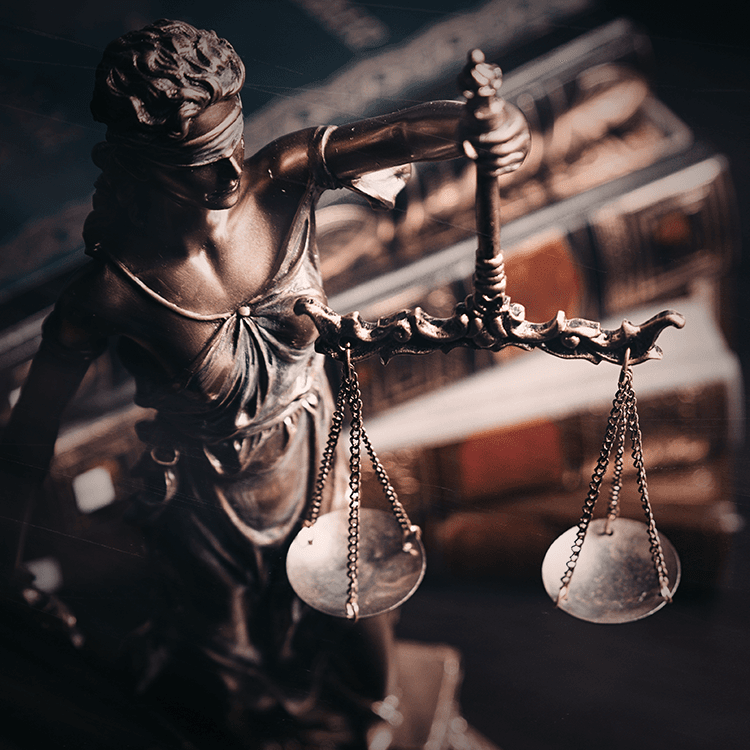
Helping Victims of Defective Cochlear Implants
The defective product attorneys at Shoop | A Professional Law Corporation continue to successfully represent injured consumers throughout the nation with regard to defective and recalled cochlear implants.
Who We Are ― And Why It Matters
No other law firm in the nation handles more cochlear implant cases than we do ― meaning no other law firm in the nation is as familiar with and understands the legal, engineering and medical issues surrounding these defective implants like us. Our firm has successfully represented cochlear implant victims both nationally and internationally.
Given our extensive knowledge of these products, not to mention our extensive product liability experience, there is no other law firm you should trust to handle your defective product case. Our primary goal is to achieve the maximum compensation available for victims of these implants, and we will not stop until we do.


Contact Our Cochlear Implant Lawyer in Los Angeles
If you or your child has suffered an injury caused by a defective and/or recalled cochlear implant, contact us now for a FREE legal consultation and a FREE medical record review to determine if you have a claim. Reach us online or by phone at (866) 884-1717. You have nothing to lose, so call us today and learn how we can help you and your family seek the justice you deserve.
Cochlear Implant Settlements
Lastly, in our experience with these cochlear implant manufacturers, they will sometimes attempt to negotiate a settlement with you before you contact an experienced cochlear implant lawyer. Sometimes implant recipients contact us after they sign a release with the manufacturer.
Please note that signing a release or a waiver without having a lawyer review its terms could negatively affect your ability to recover in a lawsuit or claim against the company in the future. In sum, it is very important NOT to attempt to negotiate a settlement on your own with the company. It is equally important NOT to sign anything that could affect your future rights to recovery.
It is best to contact the experienced cochlear implant lawyers at SHOOP | A PROFESSIONAL LAW CORPORATION before you have any dealings with the cochlear manufacturers related to the settlement of your claim.
No other law firm has the breadth of experience or knowledge that we do regarding these failed cochlear implants and we will take all necessary steps to ensure that you receive maximum compensation for your injuries.
Call us and speak with an experienced cochlear implant lawyer today to discuss your legal rights at (866) 884-1717

-lg.2309181221228.png)




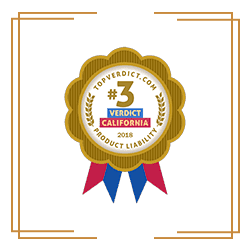

.1).2309181221550.png)